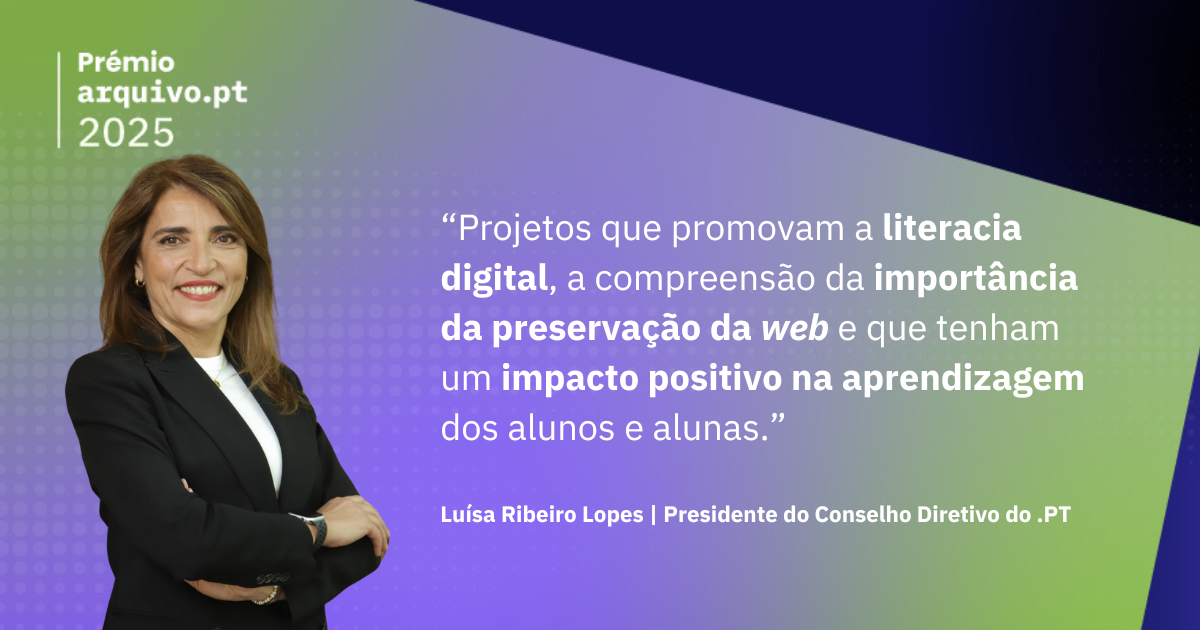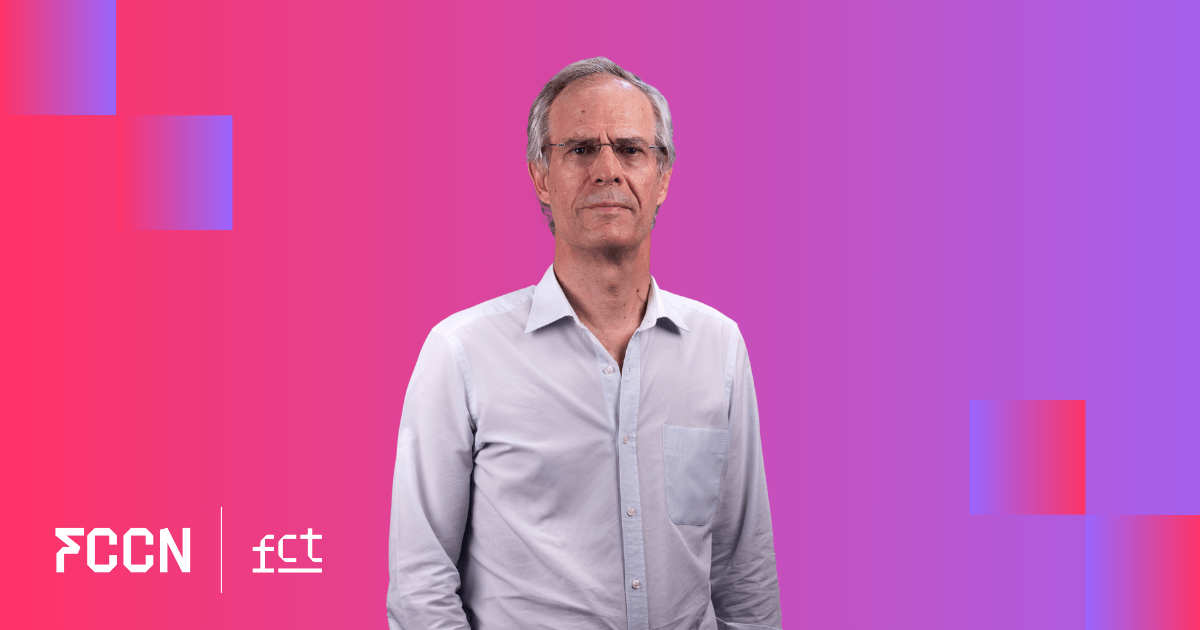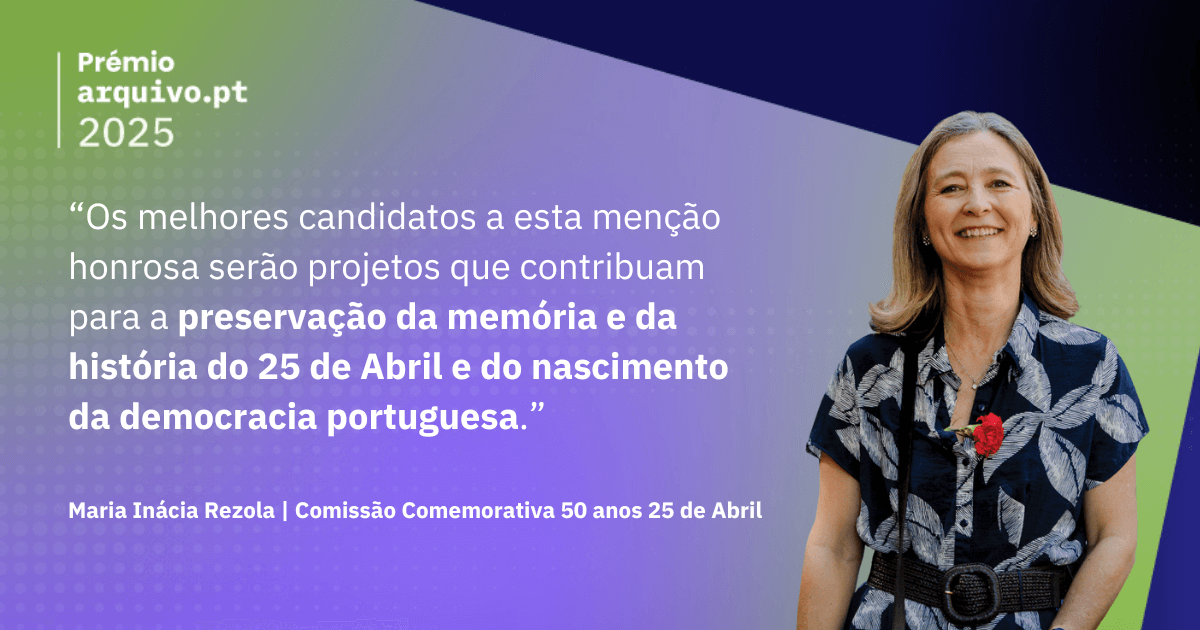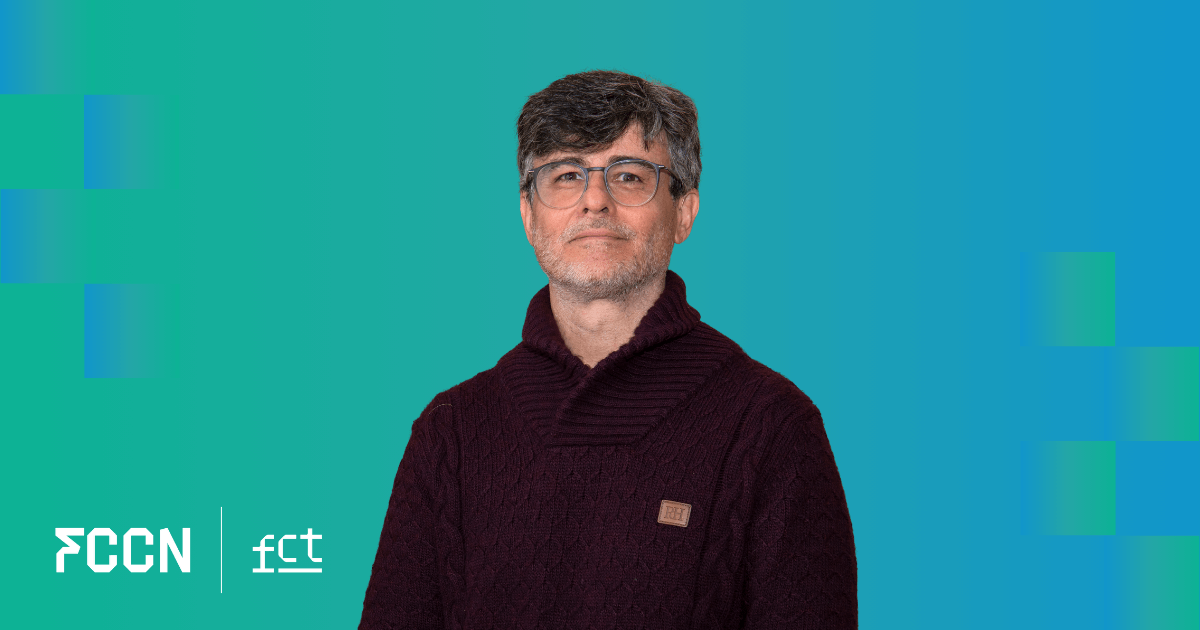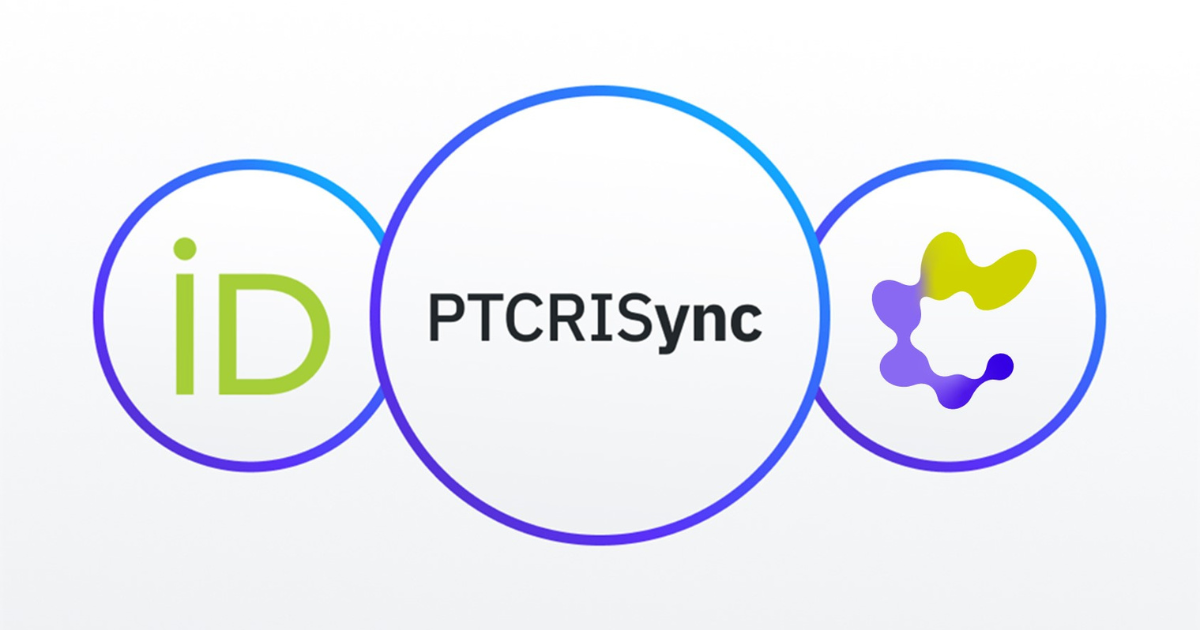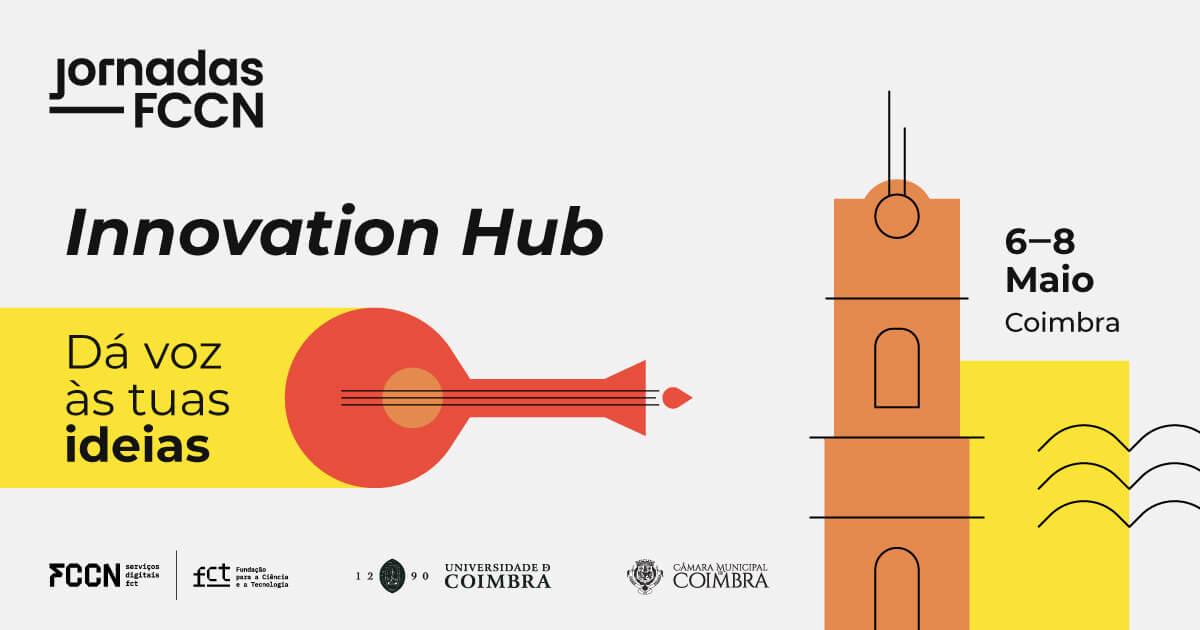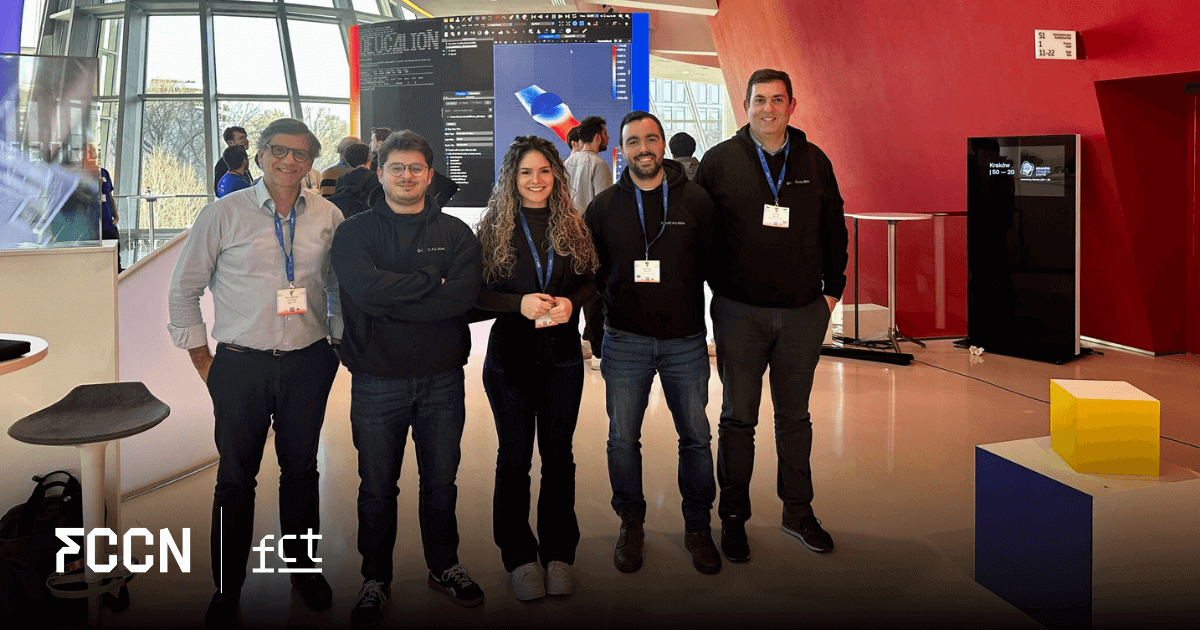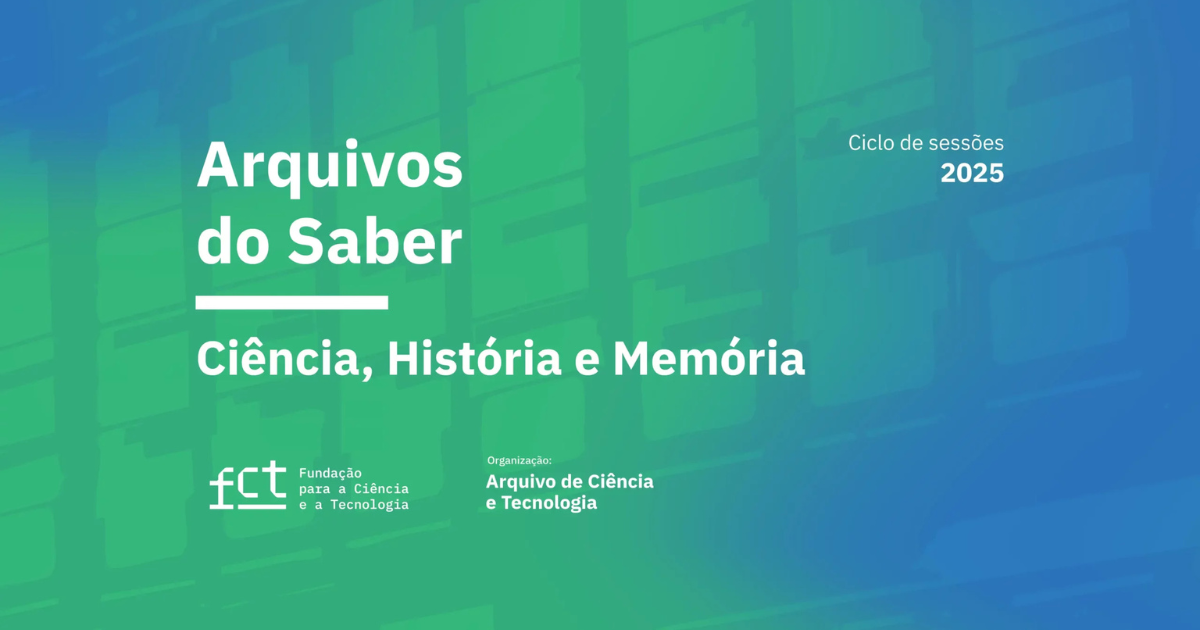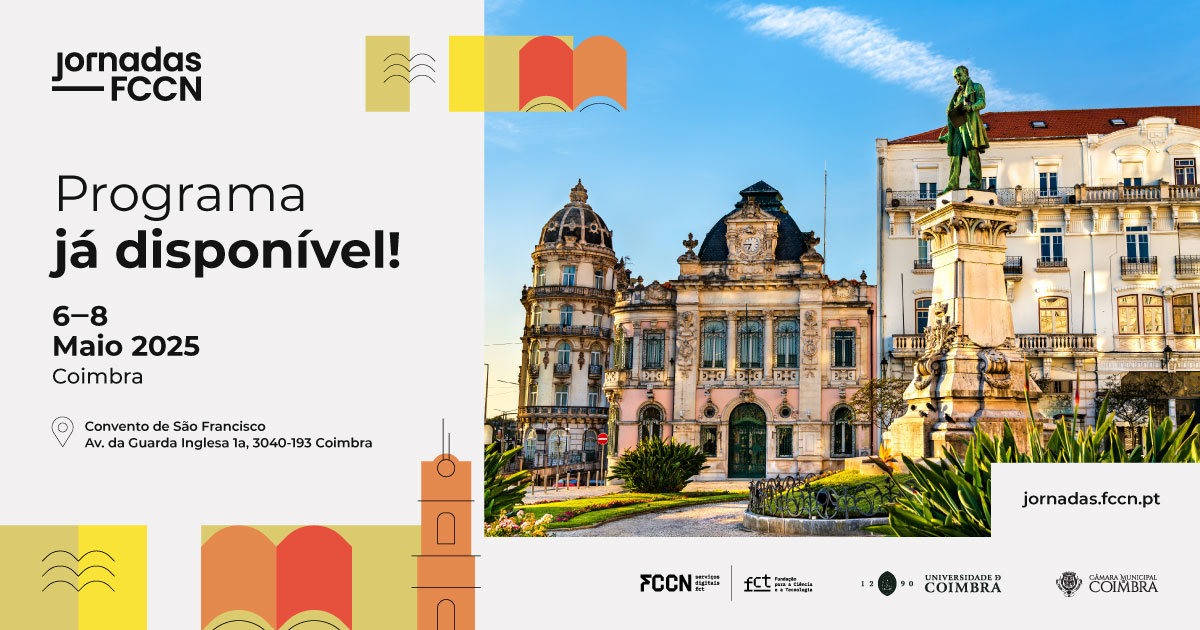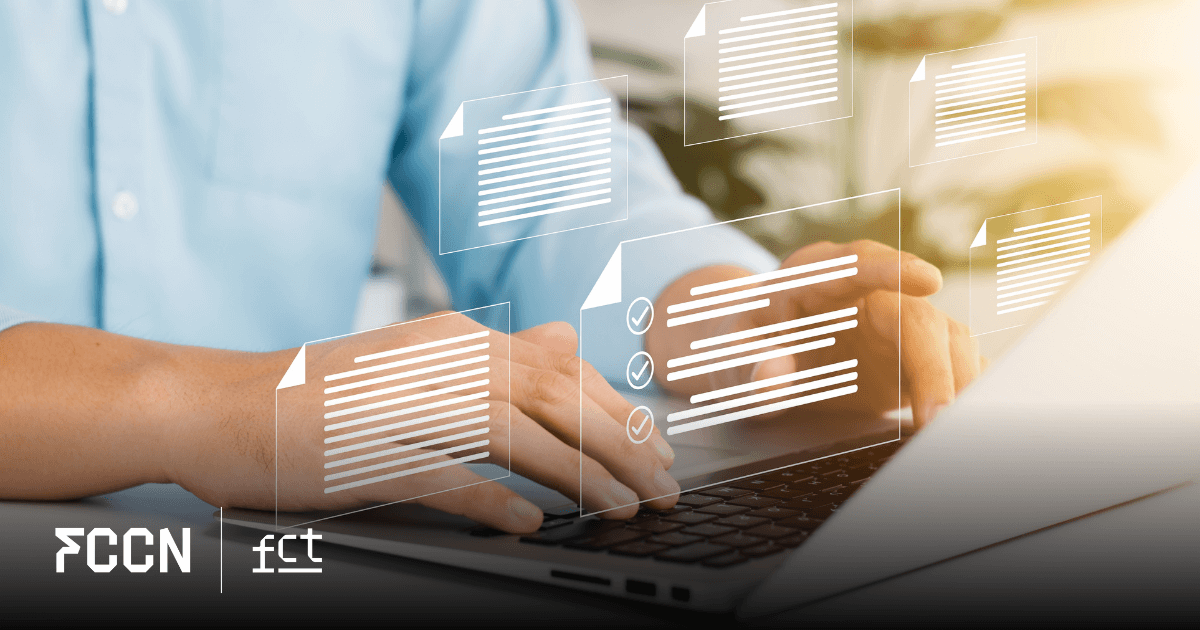The start of the academic year brings new practices and opportunities. If you're a teacher and haven't yet used the digital services of the Foundation for Science and Technology (FCT), developed through your unit FCCN, make them part of your daily routine.
In this article, we'll explain 5 steps to make the most of these digital solutions and promote even more effective knowledge transfer.
#1 Take online classes
Through Colibria web collaboration service, you can hold online classes and meetings with your students. Based on the Zoom platform, this solution makes it possible to share audio, video, text, images and whiteboards, as well as the screens of participants' computers, which makes teachers' work easier.
With Colibri, you can also record your lessons and then make them available on Educast, a digital service developed by FCCN that allows educational content to be easily distributed and consulted online. The lessons can then be revisited at any time by your students for study purposes.
#2 Professionalize and publicize your students' work
In a context where the production of multimedia content is increasingly important, the FCCN Studio can be an ally for professionalizing your work and that of your students. This professional recording space makes it possible to produce content for e-learning projects, broadcast live or deferred webinars, photography sessions, product demonstrations, record radio and television programs, podcasts or e-papers.
After recording, disseminating the work done is also a goal for any teacher. To this end, Educast is once again the solution, allowing videos to be edited and published. Thus, even after the end of the school year, the work will be available on the searchable portal at educast.fccn.pt!
#3 Transmit information in real time
When holding events, workshops or lectures, it can be useful to be able to transmit video, audio and slides in real time. Through a simple web page, this is a possibility guaranteed by the Videocast digital service.
With this tool, you can simply and securely broadcast video to thousands of people simultaneously, and it also offers possibilities such as integration with social networks and password protection, for example.
#4 Send large files
Photocopying is no longer a reality, and sending files online is now common practice in the academic and scientific world, particularly among teachers and students. Filesender is the service from FCCN that responds to this need by allowing files of up to 100 Gb to be shared with a maximum of 100 recipients and made available for download for 30 days. With this tool, you can ensure the safe sharing of files with your students, even if they are very large.
#5 Get to know new sources of information
The search for new articles and scientific publications is part of a teacher's daily routine, both for the production of knowledge and for sharing it with students.
In this regard, there are FCT services that may be useful to you. Firstly, the Online Knowledge Library (B-on) offers unlimited and permanent access to thousands of journals and e-books published by some of the main international publishers. The RCAAP is a single point of search, discovery, location and access to thousands of scientific and academic documents.
Finally, if you want to go back in time to collect information, go to Arquivo.pt. This service aggregates pages published online since 1996, and this information is important for carrying out academic work or scientific research, as well as for creating case studies in the classroom.
Every year, this service also promotes the Arquivo.pt Prize, an opportunity for teachers, together with their students, to develop work based on the information preserved on this site and be in with a chance of winning up to 10,000 euros.
How to access these services
Whether you are a student, lecturer or other member of an educational institution, access to all services is via federated authentication (RCTSaai) and there are no user fees for the national academic community connected to the Science, Technology and Society Network (RCTS).
If your organization is part of the academic or scientific community and is not yet part of the RCTS Network, here's how to join and access the pre-joining form.

